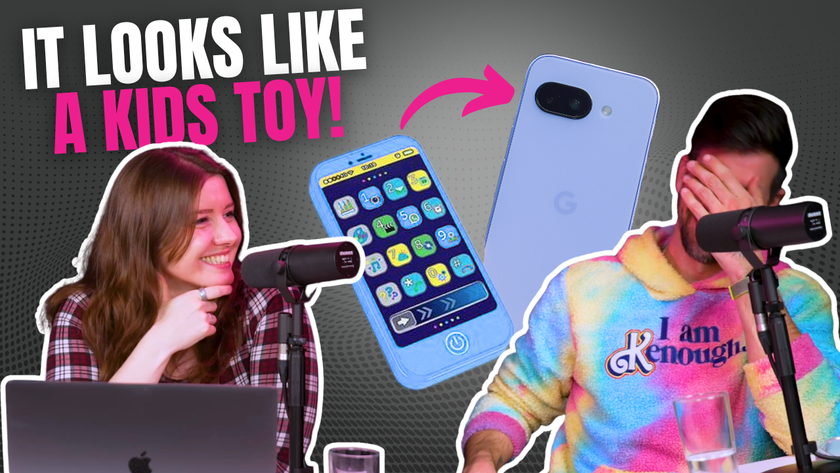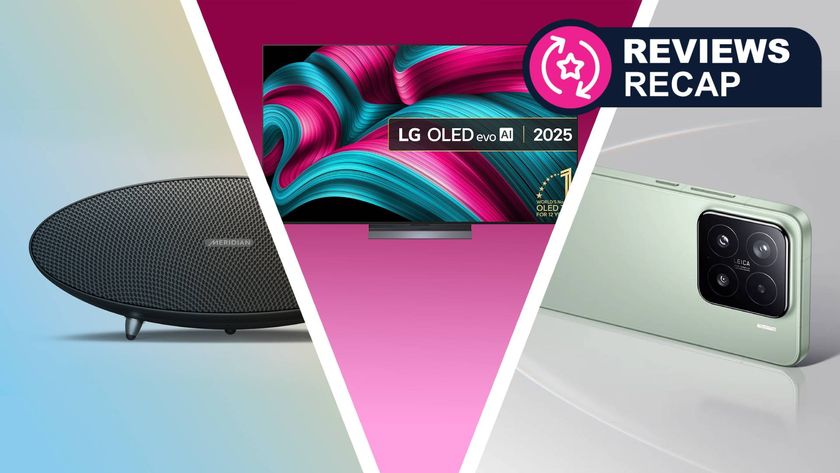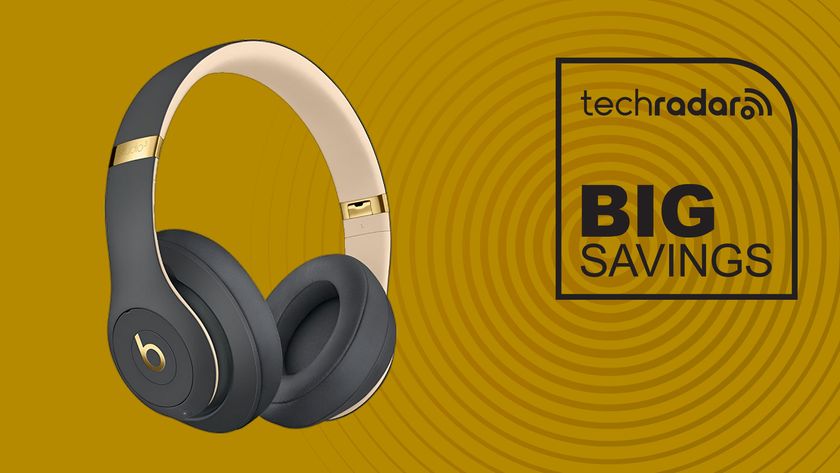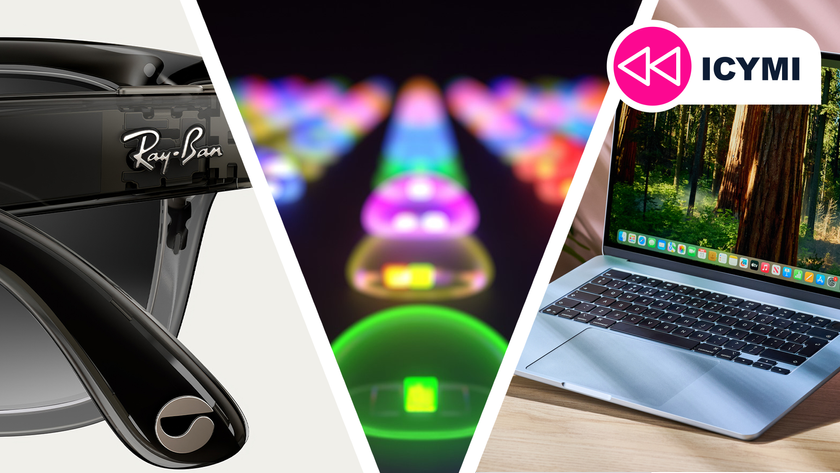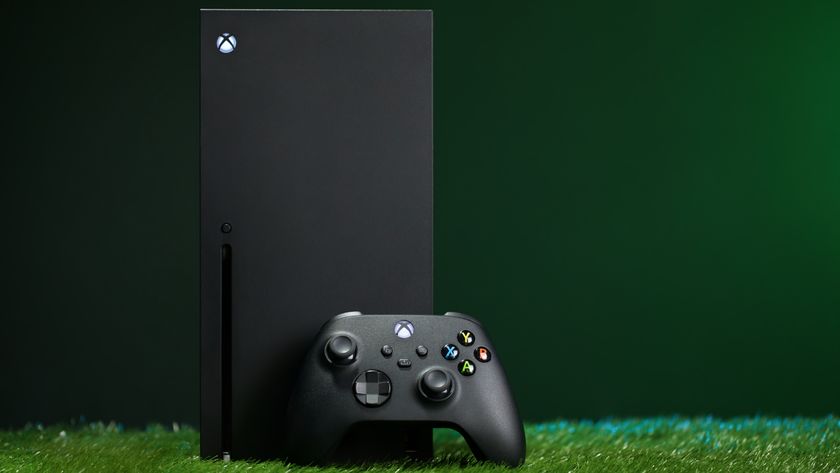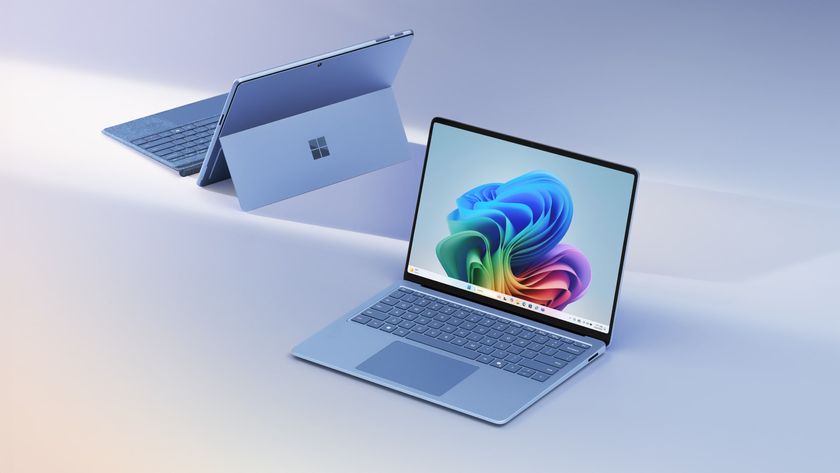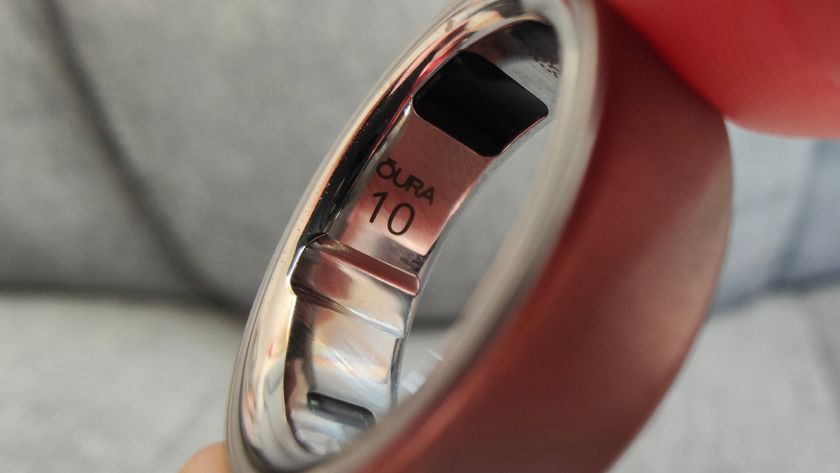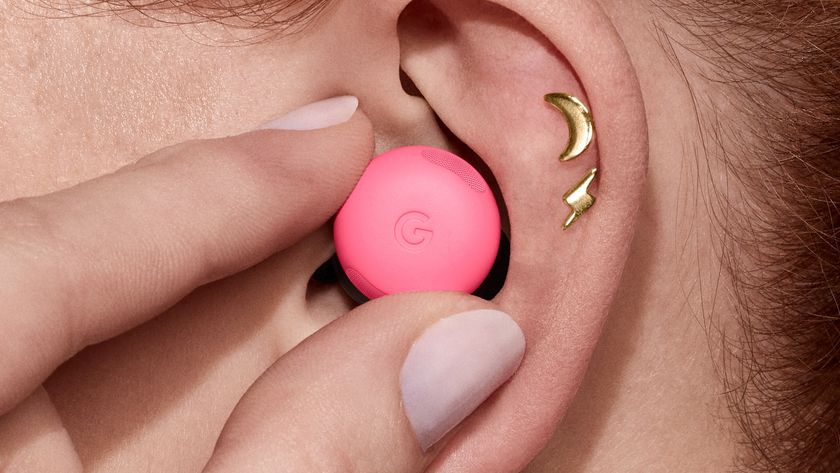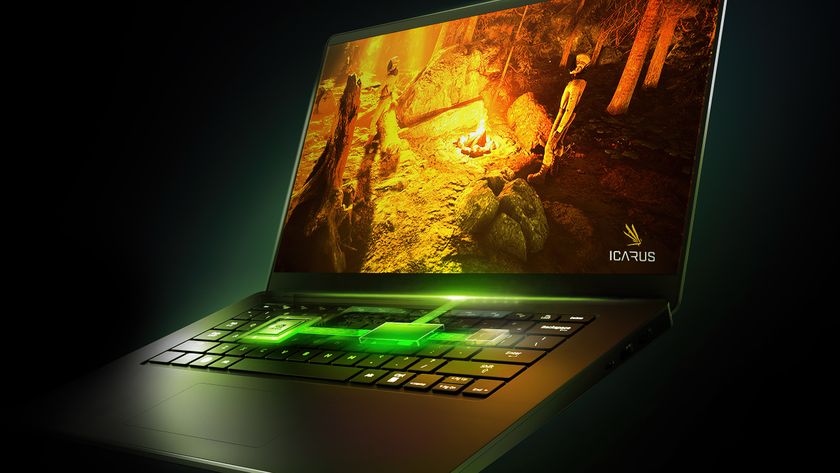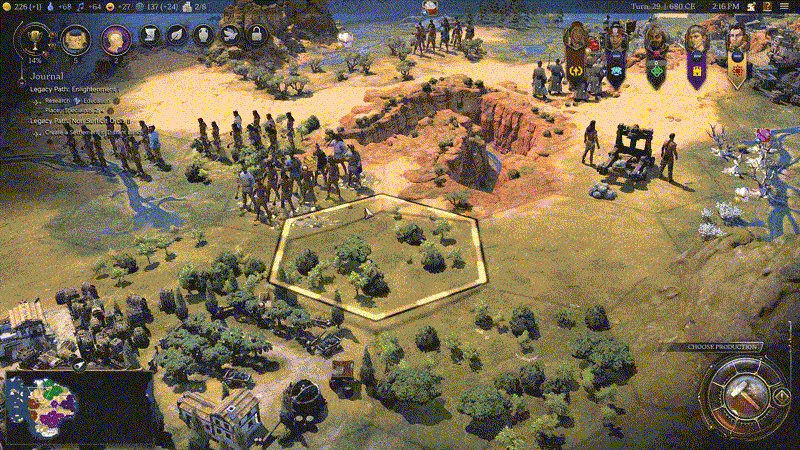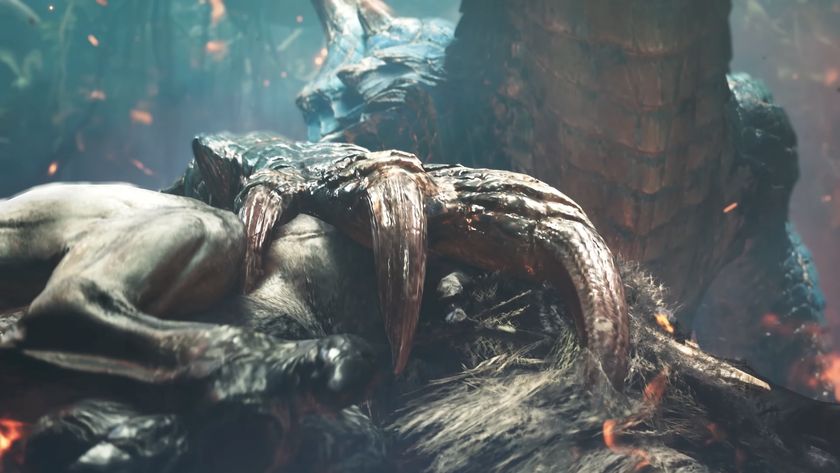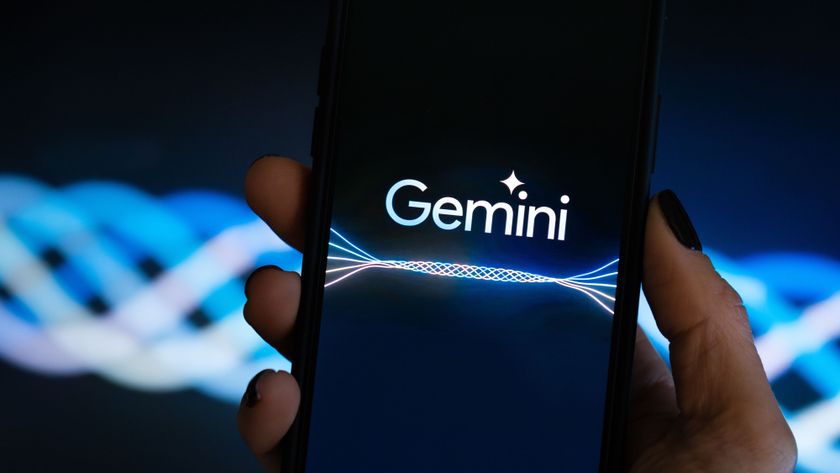Einstein was right: gravitational waves do exist
Einstein sure was a real Einstein
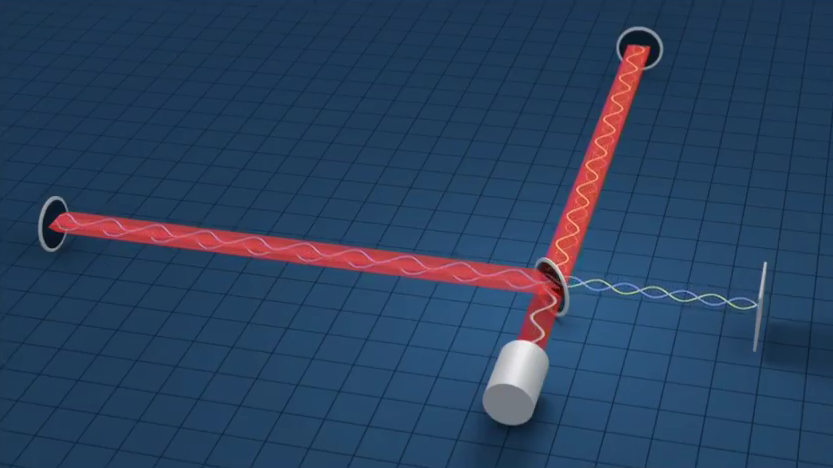
In case you didn't know, Albert Einstein was smart. There are many ways in which his genius has been proven, but because of the limited state of technology and our understanding of the universe that surrounds us, some of his work remains theory. But, that might have changed today.
Einstein's 1915 theory of general relativity predicted that gravitational waves are created in spacetime as a byproduct of objects moving about the universe, which dictates where they travel and the impact each has on the other. And today, a group of researchers from the Laser Interferometer Gravitational-Wave Observatory Scientific Collaboration (LIGO) might have just actually proved it to be true.
Using two ultra-sensitive activity detectors in Washington and Louisiana that are about 2.5 miles (4 km) in length, LIGO was able find the smallest needle in the largest haystack: gravitational waves recorded from the merger of two massive black holes that happened over 1 billion years ago. I think I need to sit down.
How did they do it?
The LIGO researchers elaborated on the laborious process involved in accomplishing such a task. Its lengthy, vacuum-sealed detectors are built with mirrors on each of its ends. When even the slightest vibration is recorded, LIGO's system beams laser to illuminate and record the movement. In the case of attempting to record proof that gravitational waves exist, the researchers noted that they need to hone in movement that was 1/1000th the size of a nucleus.
According to The Verge, LIGO's early attempts at cracking the code on gravitational waves were sabotaged by vibrations made right here on Earth, like ones made by nearby cars driving by the facility. But on September 14, 2015, the team, having learned from previous mistakes, detected a sudden spike in measurements. It made a similar impression at both of the detector sites across the US, which essentially rules out another red herring.
This reading, which again, was that of two black holes merging, registered visible activity that only lasted 20 milliseconds long, but was equivalent in power to fifty times that of all the stars in the universe combined.
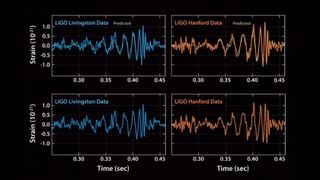
LIGO is certain that its findings prove the existence of gravitational waves because, on paper, the oscillations created by this massive activity in our universe look very similar to the prediction graphs. If you want to listen to what a gravitational wave created by the merging of black holes sounds like, check out the sound clip below.
Get daily insight, inspiration and deals in your inbox
Sign up for breaking news, reviews, opinion, top tech deals, and more.
Cameron is a writer at The Verge, focused on reviews, deals coverage, and news. He wrote for magazines and websites such as The Verge, TechRadar, Practical Photoshop, Polygon, Eater and Al Bawaba.
